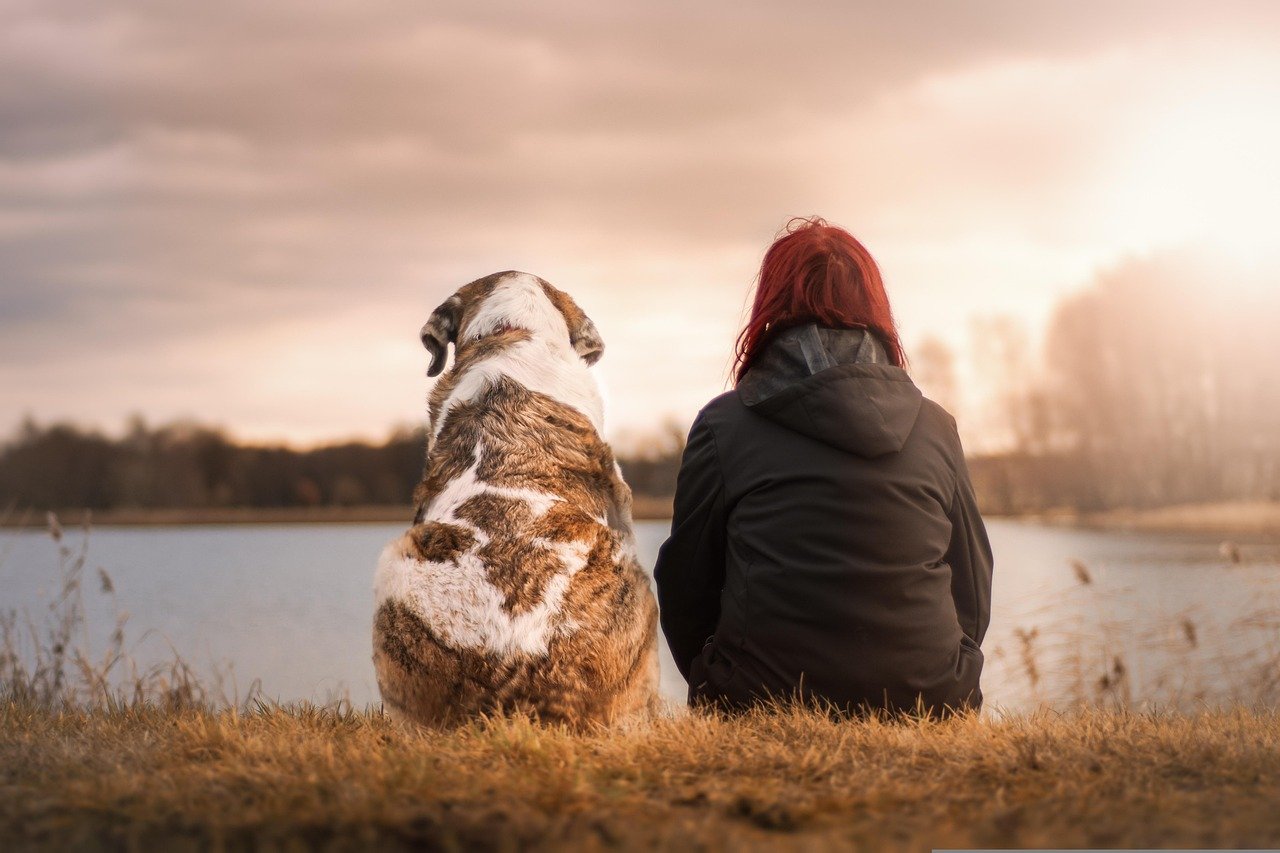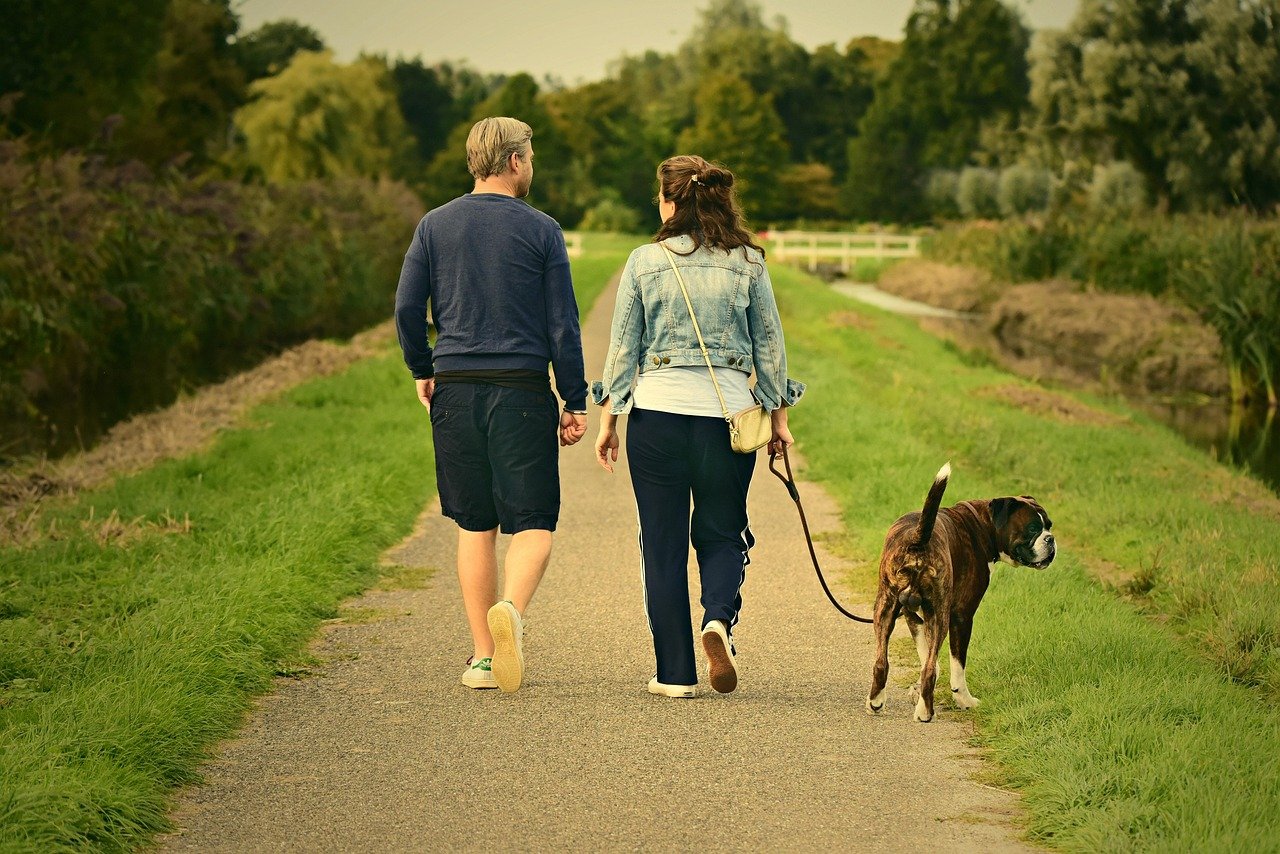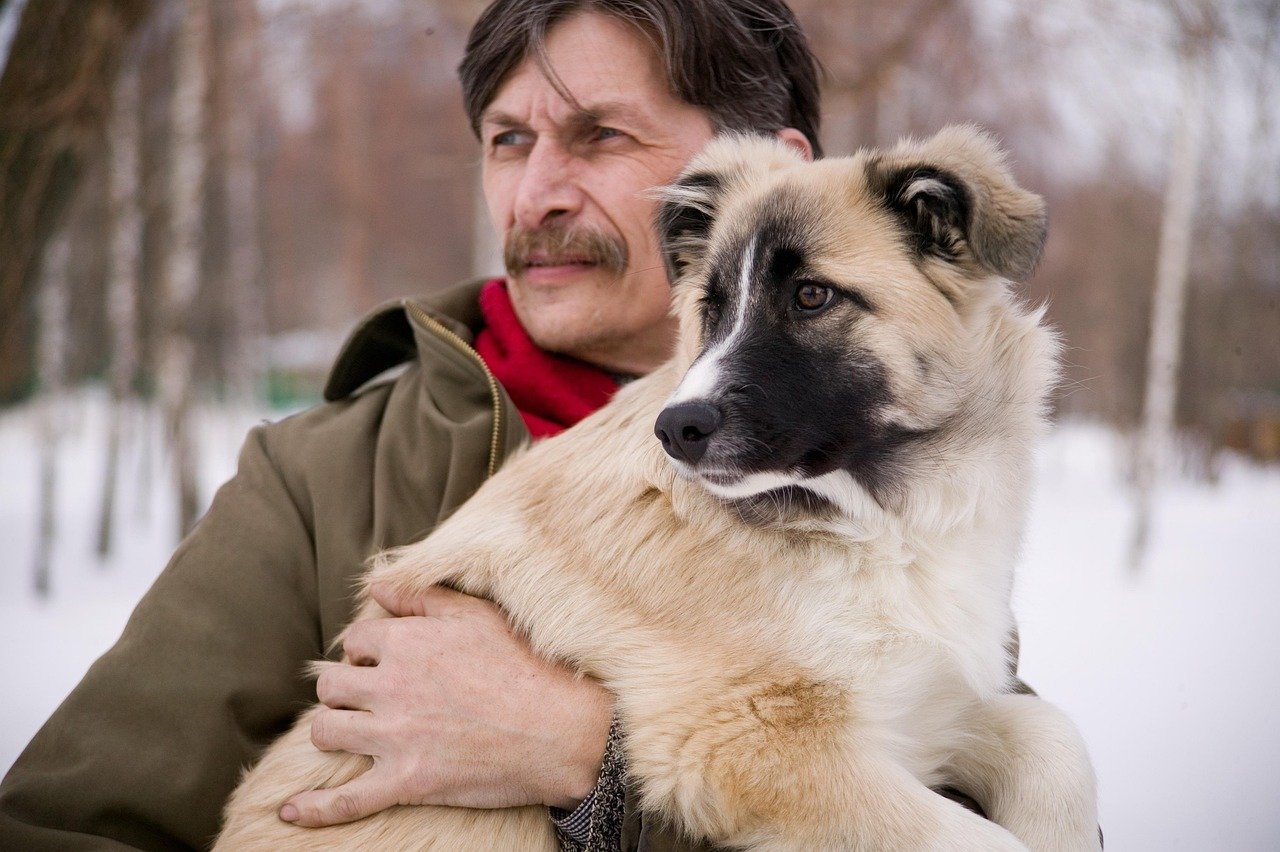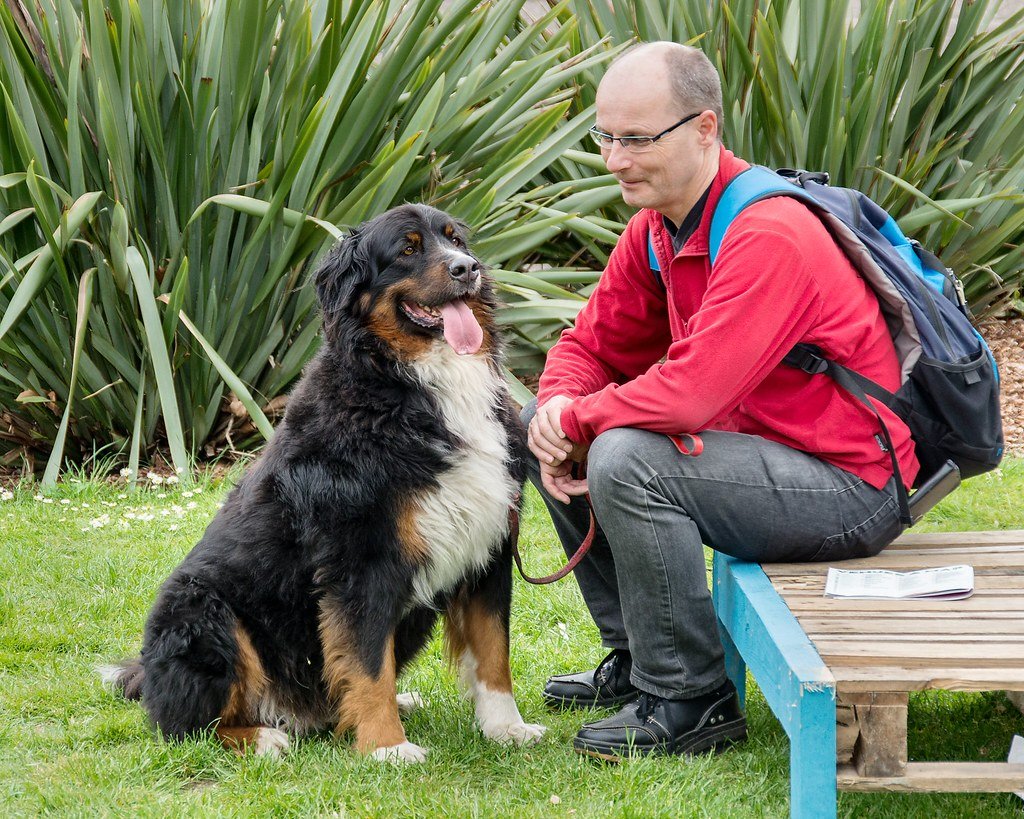Have you ever noticed how the bond between a person and their dog seems to deepen with age? For those over 60, a dog is much more than just a pet—they become a steadfast companion, a source of laughter, and sometimes, even a lifeline. There’s something magical about having a wagging tail greet you each morning, especially when you’ve lived enough years to truly appreciate the little things. If you’re a dog lover in your golden years, you know all too well the secret joys and unique challenges that come with sharing life with a four-legged friend. Let’s take a heartfelt look at the 12 things only dog owners over 60 truly understand about companionship.
The Comfort of a Silent Presence

Sometimes, words just aren’t enough. After a long day, or during those quiet moments when loneliness sneaks in, the simple presence of a dog lying next to you can be more comforting than a thousand conversations. It’s the warmth of their body, the gentle rhythm of their breathing, and the way they seem to sense when you need them close. For many older adults, this silent companionship fills a space that words—or even people—cannot reach.
Dogs have a remarkable ability to make you feel less alone without ever saying a thing. Their silent loyalty is a balm for the soul, especially during times when friends or family might be far away. As the world grows quieter with age, the unwavering presence of a canine friend can become the heartbeat of the home. It’s a comfort that feels almost sacred, and only those who’ve experienced it truly know its depth.
Understanding the Power of Routine
As life changes and routines shift, having a dog brings a sense of structure that’s both grounding and uplifting. Dogs thrive on schedules—walks at certain times, meals at regular intervals, and bedtime rituals. For those over 60, these routines can bring a comforting sense of purpose to the day.
There’s a reassuring predictability in knowing that no matter what, your dog will be waiting for you to wake up, ready for that morning stroll or eager for dinner at five. This shared structure not only benefits the dog but also helps owners stay active and engaged. In a world where so much feels uncertain, the daily rhythm set by a loyal companion can be a true anchor.
The Healing Power of a Wagging Tail
There’s real magic in the way a dog’s tail wags just for you. No matter how tough the day has been or how heavy your heart feels, that simple, joyful motion can lift your spirits in an instant. For many over 60, moments of sadness or stress are met with the unconditional happiness of a dog who’s just thrilled to see you.
Research has shown that interacting with dogs can lower blood pressure and ease anxiety, but that’s only half the story. The other half is the pure, unfiltered joy that comes from knowing you’re the center of your dog’s universe. That wagging tail is a daily reminder that you matter, and in a world that sometimes overlooks older folks, that feeling is priceless.
Rediscovering the Joy of Play
Who says play is just for kids? Dog owners in their later years know that tossing a ball, playing tug-of-war, or even just watching their dog chase a butterfly can bring back a sense of youthful wonder. Dogs invite their humans to be silly, to laugh, and to let go of worries, even if it’s just for a few minutes at a time.
After 60, life can sometimes feel a bit too serious, weighed down by responsibilities or losses. But a playful pup has a way of breaking through that heaviness. Their antics are a constant invitation to live in the moment, to giggle at their goofy grin, and to remember that fun doesn’t have an age limit.
Making New Friends—Human and Canine Alike
Taking a dog for a walk isn’t just good exercise—it’s an instant conversation starter. Dog owners over 60 often find themselves chatting with neighbors, swapping stories with fellow dog lovers at the park, or even making friends through their pet’s social adventures.
In a stage of life when social circles can shrink, dogs become the bridge to new connections. Whether it’s a friendly wave from across the street or a long chat at the local dog run, shared love for our furry companions brings people together. Dogs have a knack for sniffing out friendship, and they often help their humans do the same.
The Bitter-Sweetness of Watching Them Age
Seeing a beloved dog grow older is a tender, sometimes painful experience. Their muzzles turn gray, their steps slow, and their naps get longer. For dog owners over 60, there’s a deep understanding of this cycle—because they, too, are facing the realities of aging.
This shared journey creates a unique bond. Caring for an aging dog is a lesson in patience, compassion, and acceptance. It’s a reminder to cherish every moment, to celebrate the small joys, and to offer comfort just as our dogs have comforted us. The bitter-sweetness of this stage deepens the meaning of companionship in ways words can hardly capture.
Learning to Communicate Without Words
Dogs have their own language—one that doesn’t rely on words but on gestures, looks, and the tone of your voice. After years together, many dog owners over 60 find they can “read” their pet’s moods just by the tilt of an ear or the wag of a tail. Likewise, dogs seem to pick up on their owner’s feelings with uncanny accuracy.
This wordless communication is a testament to the deep connection that grows over time. It’s about understanding each other’s needs, offering comfort without being asked, and knowing when to give space or when to snuggle close. In a way, it’s a dance that only long-time companions know—and it’s beautiful to witness.
Facing Loss with a Loyal Friend by Your Side
Life after 60 often brings its share of losses—whether it’s the passing of loved ones, retirement from a long-held job, or a move away from familiar places. In these moments, a loyal dog can become a lifeline. Their unwavering affection and steady presence provide comfort when words and gestures from others might fall short.
Dogs are sensitive creatures, often sensing when their owners are grieving. They may offer a paw, lay their head in your lap, or simply stay close during the hardest days. For many older adults, the gentle companionship of a dog helps ease the sting of loss and reminds them that love can still be found in the simplest of gestures.
Getting Outside and Staying Active

Let’s be honest—sometimes motivation to exercise can dwindle with age. But owning a dog changes that equation. Dogs need walks, playtime, and fresh air, and they have a way of nudging their humans out the door, rain or shine.
For dog owners over 60, those daily walks become more than just exercise—they’re a chance to soak up nature, enjoy the changing seasons, and keep both mind and body sharp. Even on days when joints ache or the weather is less than ideal, the eager look from a furry friend is often all it takes to lace up those shoes and head outside.
Finding Purpose in Everyday Care
It’s easy to underestimate the sense of purpose a dog brings to daily life. For many seniors, caring for a pet provides a reason to get up, a schedule to follow, and someone to look after. Feeding, grooming, and even picking up after a dog are simple tasks, but they become meaningful when done for a beloved companion.
This daily care creates a routine that can stave off feelings of aimlessness or loneliness. Knowing that another living being depends on you gives each day structure and significance. It’s a gentle reminder that you’re still needed, still capable, and still deeply connected to the world around you.
Experiencing Unconditional Love—No Strings Attached

If there’s one thing dog owners over 60 cherish above all, it’s the unconditional love of their canine companion. Dogs don’t care about wrinkles, gray hair, or how fast you move. They love with their whole being, without judgment or reservation.
This kind of love is rare and precious, especially in a world that often values youth and perfection. For older adults, the acceptance and devotion of a dog can be a powerful antidote to self-doubt or feelings of invisibility. It’s a daily reminder that love knows no age, and that we’re all worthy of affection—just as we are.
The Memories That Last a Lifetime

Every dog owner has a treasure trove of memories—those goofy puppy days, the first time your dog learned a new trick, or the countless quiet nights spent together. For those over 60, these memories become even more meaningful. They’re reminders of shared adventures, obstacles overcome, and the simple joys that make life rich.
Looking back, it’s the small moments that stand out: the way your dog looked at you when you came home, the sound of their paws on the kitchen floor, or the comfort of their presence in difficult times. These memories become part of your life’s story, woven together with laughter, tears, and an endless supply of love.





